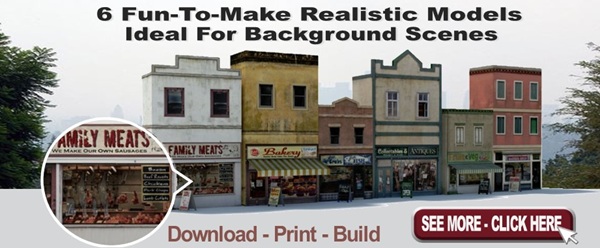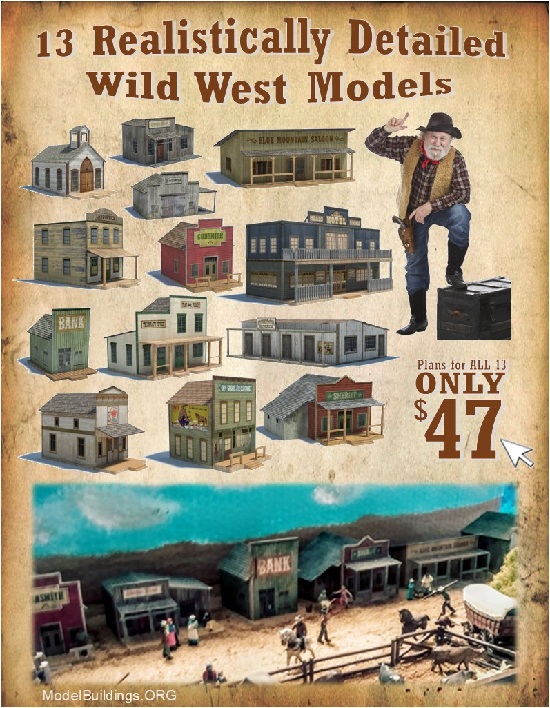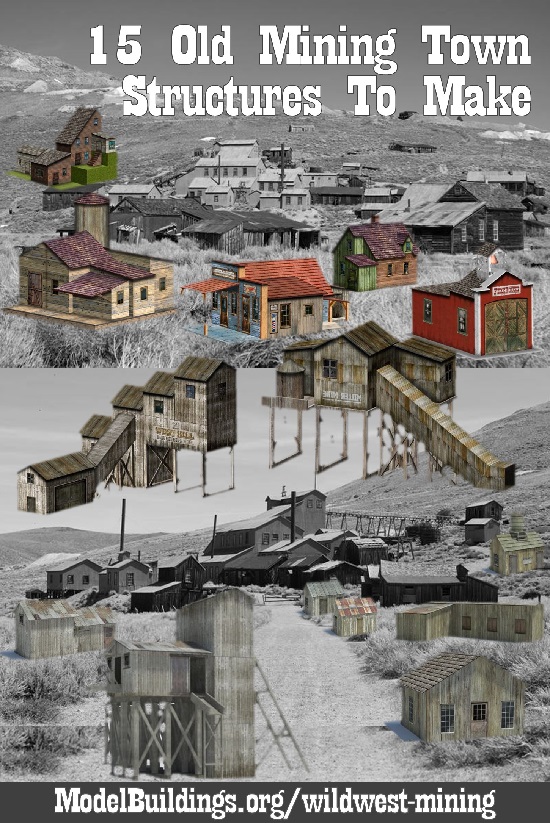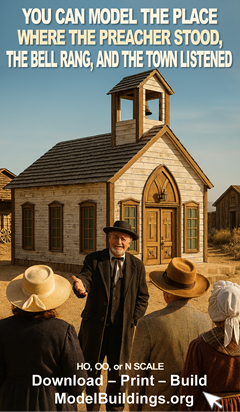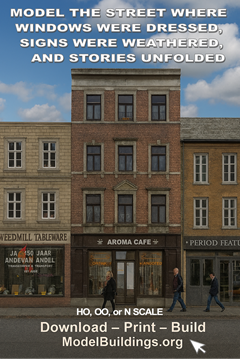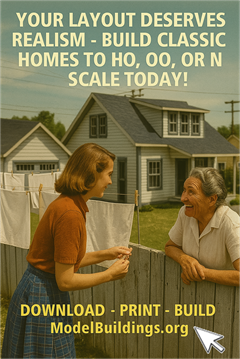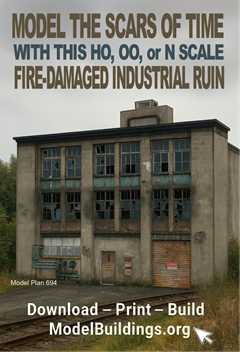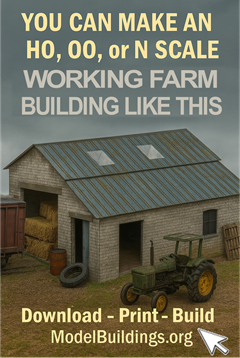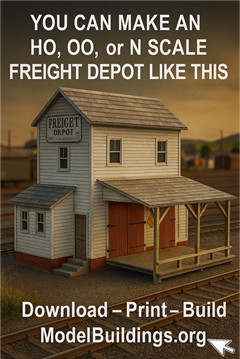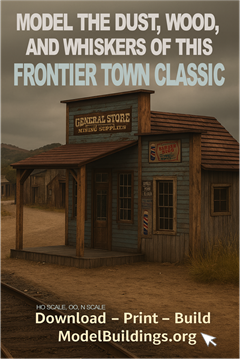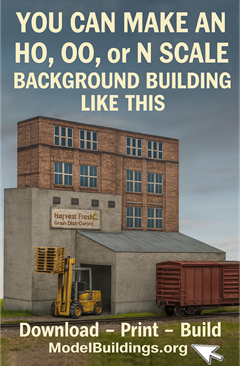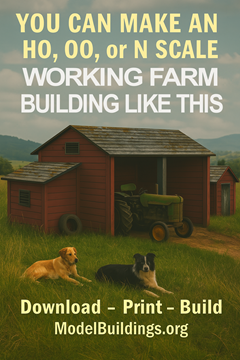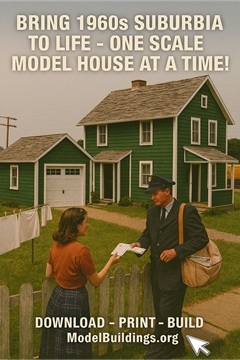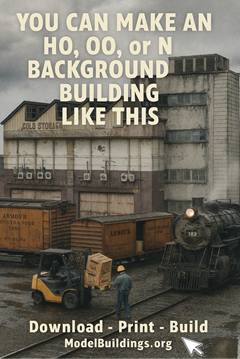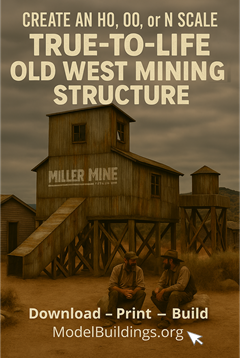Everything on model trains, model railroads, model railways, locomotives, model train layouts, scenery, wiring, DCC and more. Enjoy the world's best hobby... model railroading!
TT:120 Scale Size Compared to HO, OO, N Scale
John writes:
“Hornby have recently introduced a new range of model trains in the UK. HO Gauge track is 16.5mm, N Gauge track is 9mm and TT:120 track is 12.0mm. It is an exact true scale. What ratio would I have to set my printer up to so as to print regular OO scale or N scale drawings off to suit TT:120 gauge? Thanks”
Bizarre Running of Train
Mike writes:
“A short while ago I left a turnout open and a locomotive that was running ended up stationary against a parked locomotive. This lasted for only a few seconds before I got to the locomotive and lifted it of the track.
However, it has not run properly since. When you select the locomotive and move the throttle the motor will hum but it does not move until the throttle has been moved to full. Even then the locomotive still does not move for some 5 or 6 seconds when it will very slowly start to move reaching full speed in 6 to 8 seconds. What is the problem please?”
You can add and view comments below.
Share Your Christmas Layout Photo – HAPPY CHRISTMAS To Everyone
I’m sure you will enjoy watching the video below.
If you would like to share a photo of your Christmas Tree train or layout, then please upload it by using the comments link below.
And, a special thank you to all those readers who kindly contributed articles, photos, and answers to questions. You’ve made a valuable contribution to the hobby!
Also, very importantly, THANK YOU to everyone who purchased products advertised on this blog. Without your on-going custom, this website would not exist.
Returning To Hobby – Need Advice
Jim writes:
“I sold and gave away all my old train gear 10 years ago when we downsized. That said, at 83 I still miss the hobby and now with only one car in the garage, I have room so would like to build a new smaller DC layout in OO gauge. I am not looking for a big or complex project, just something I cope with and get up and running in a few months. I have never used flex track and although it doesn’t look as real, I presume it is easier to fix into place? As I said I am not planning a masterpiece or wanting anything too complex, just something to keep me active and entertained. Any ideas would be appreciated. Thank you in advance.”
Please contribute your thoughts below if you have any suggestions to help Jim.
City Background Buildings To Make For Your N Scale, S, OO, or HO Scale Layout

Now you can download the plans for these 5 “meticulously detailed” tall city backdrop structures which are designed to bring any urban model railroad display to life! https://www.modelbuildings.org/pack-c-railway-scale-models-city-backdrop-buildings
The plans for these five buildings are also available in a big bumper “money-saving” package of 15 similar style city buildings at https://www.modelbuildings.org/pack-d-scale-models-railroad-background-buildings

Poor Running N Scale Locomotive
Aaron asks readers:
“I have a few brand Broadway Limited N scale Locomotives all run badly. They stop for no reason and I have to have supply full power from the power pack. Kato Locomotives run on the same layout no problem. I have Katu Unitrack 3’x11′ double track layout. What is the likely cause?”
You can post (or read) answers below.
Problem with GP38s
Shayne writes:
“After 2 years of inaction, I decided to get back into the hobby, but I’m no expert. My 2 HO locomotives, both Bachmann DC GP38s don’t want to run. The lights operate and even after oiling the motors they still won’t go. Do you guys have any suggestions?”
Add your comments (and view) below.
Children Hands On With N scale
Col writes:
“My 6-year-old grandson is a train fanatic and, although he still likes Thomas, showed real enthusiasm for the less colorful, more realistic trains and layouts at a recent train show I took him to. I’d like to build a small layout for him in my garage, but at most I only have enough space for a 5ft x 2ft layout, so it would need to be N scale or smaller. I know he would want to handle the trains, put them on the track etc, and I fear N scale might be too frustrating and delicate for him (and me)? Advice please, because I don’t want him to lose interest?”
Contribute (and read) comments below.
Arduino controlled Turntable
Tony models in OO and writes:
I’m having great problems getting my Arduino code to work. I have the Turntable working but can’t get the code to do what I want when the Hall Sensor is working. As soon as the Hall sensor starts the turntable stops and will not move at all.
Here’s the part I can’t make good:
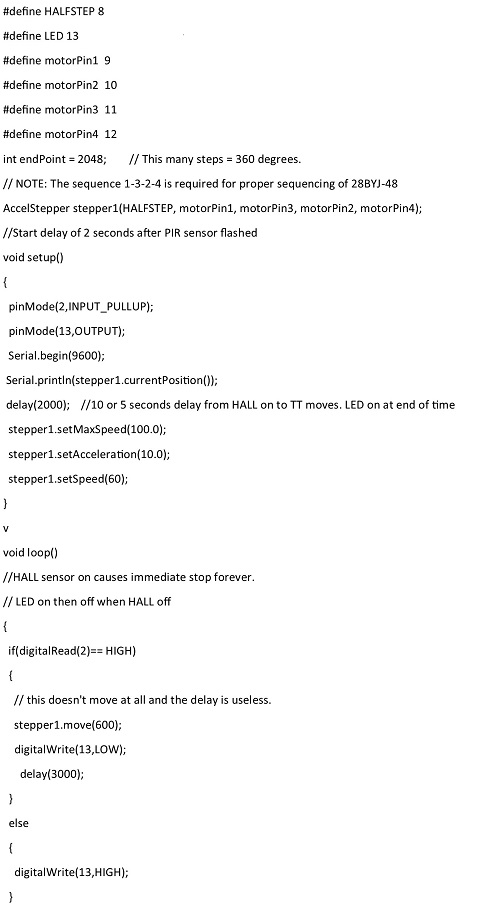
The final bit is just where the Turntable goes and how long it stops for.
Thanks for your help in advance.
Unusual Ballasting Technique
Bernard asks:
“I read where someone used mixed ballast with gelatin before wetting it down to hold the ballast in position. This is instead of spraying glue and water on the ballast. Has anyone done this and will it hold in place over many years?”
Comment (or view comments) below.
